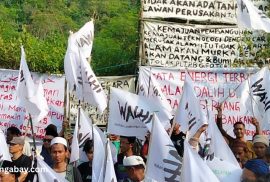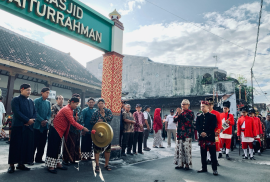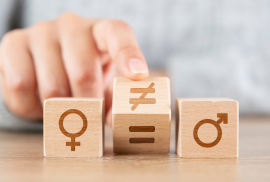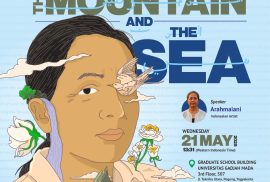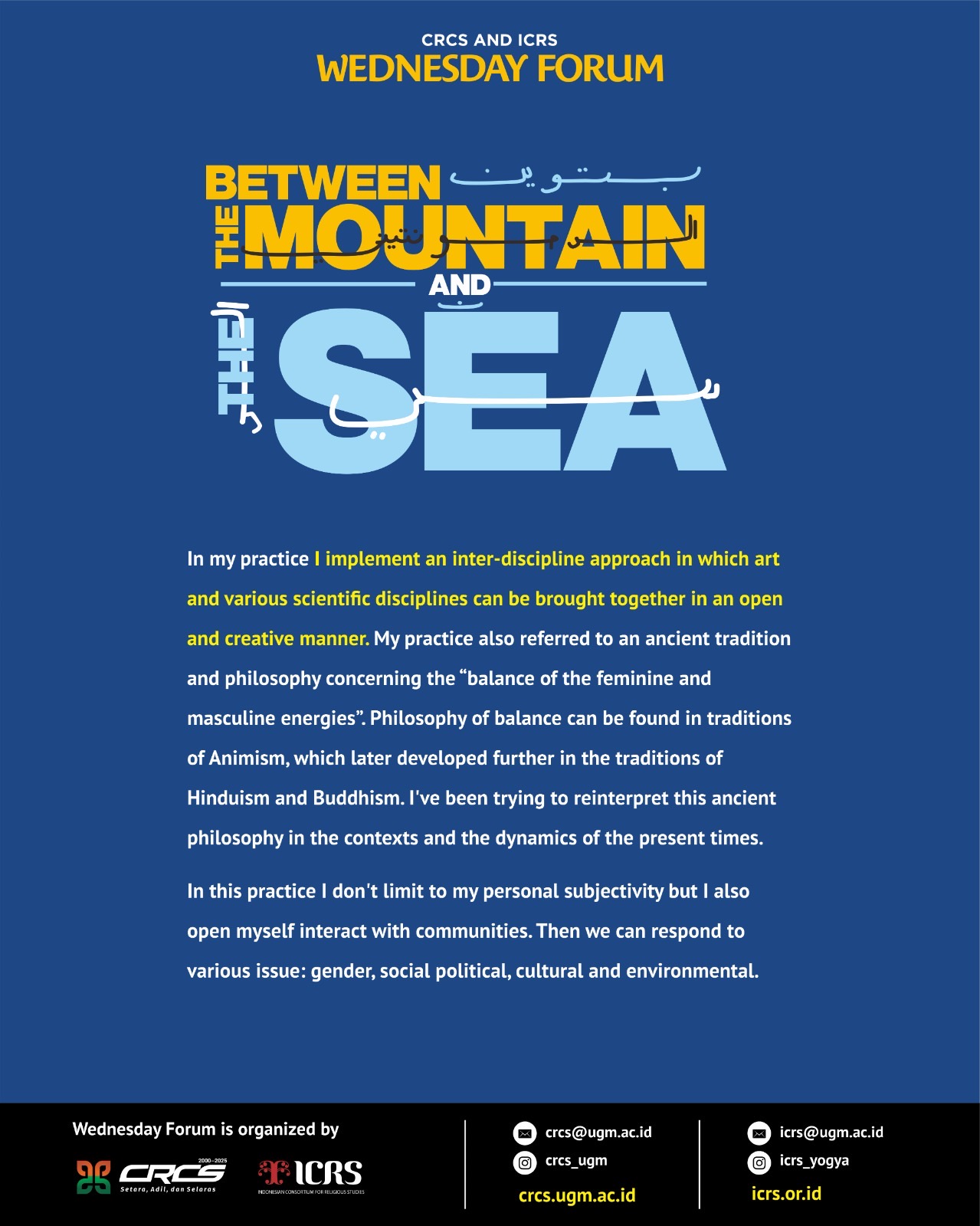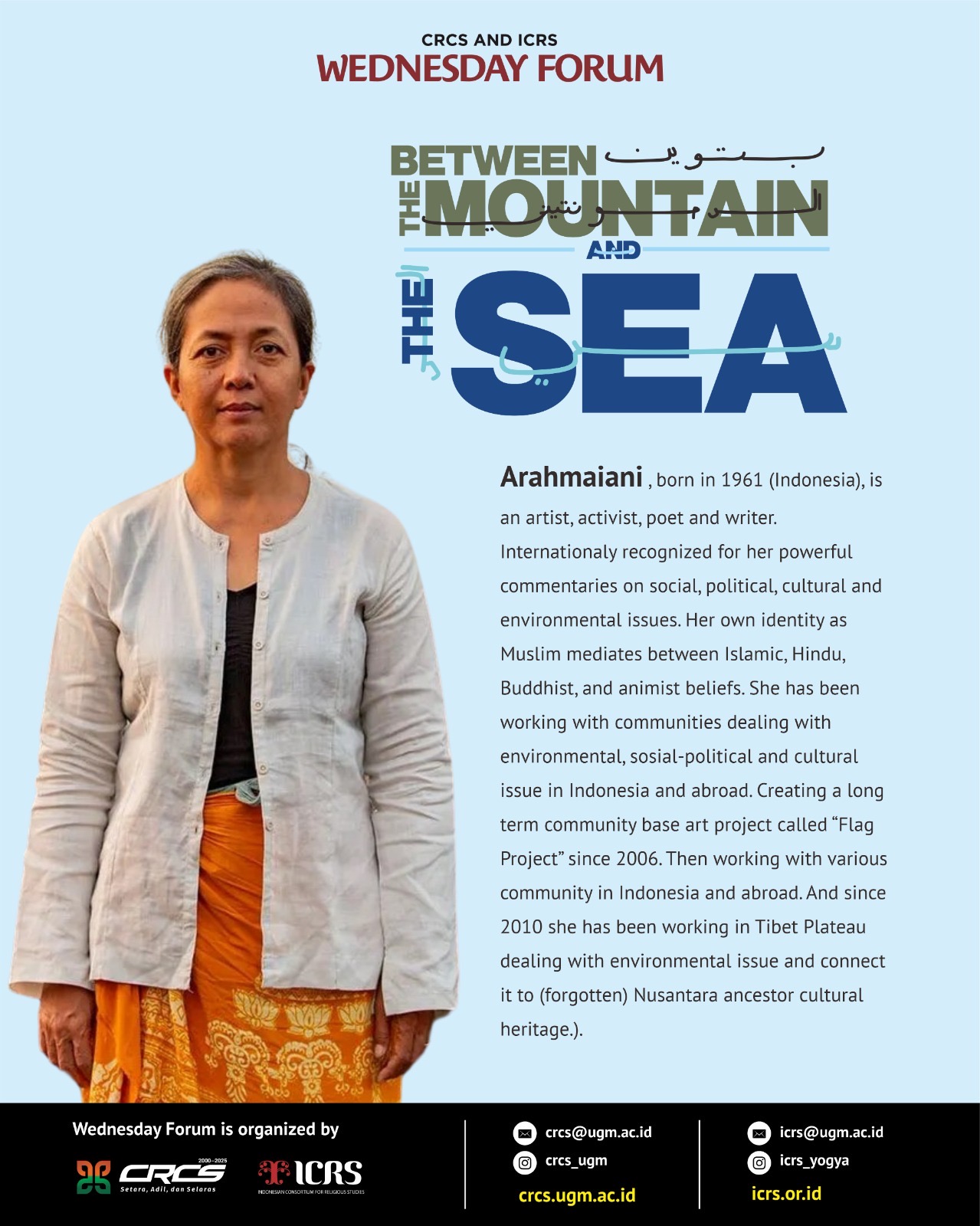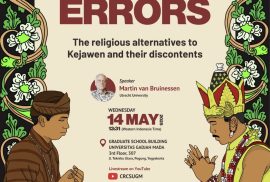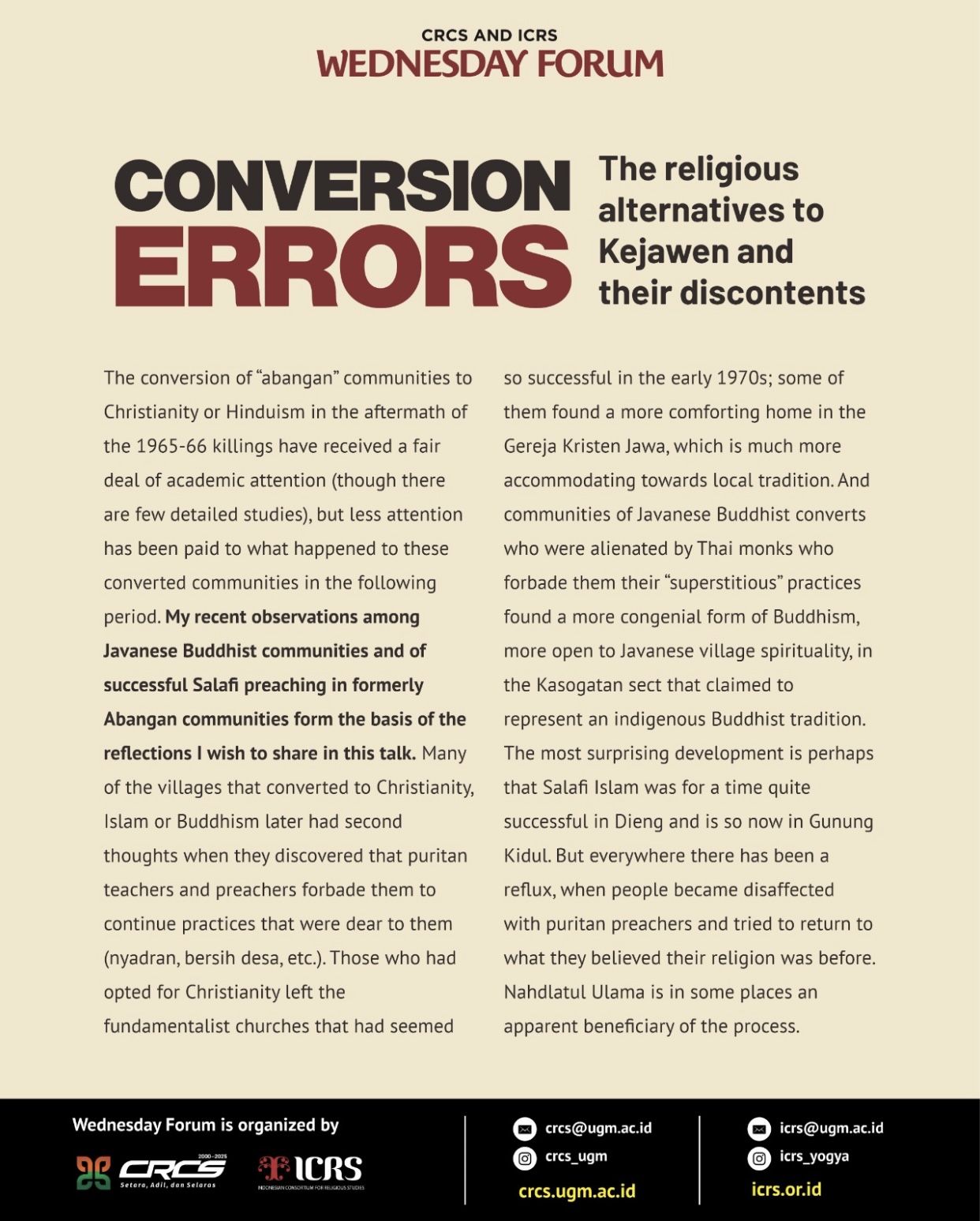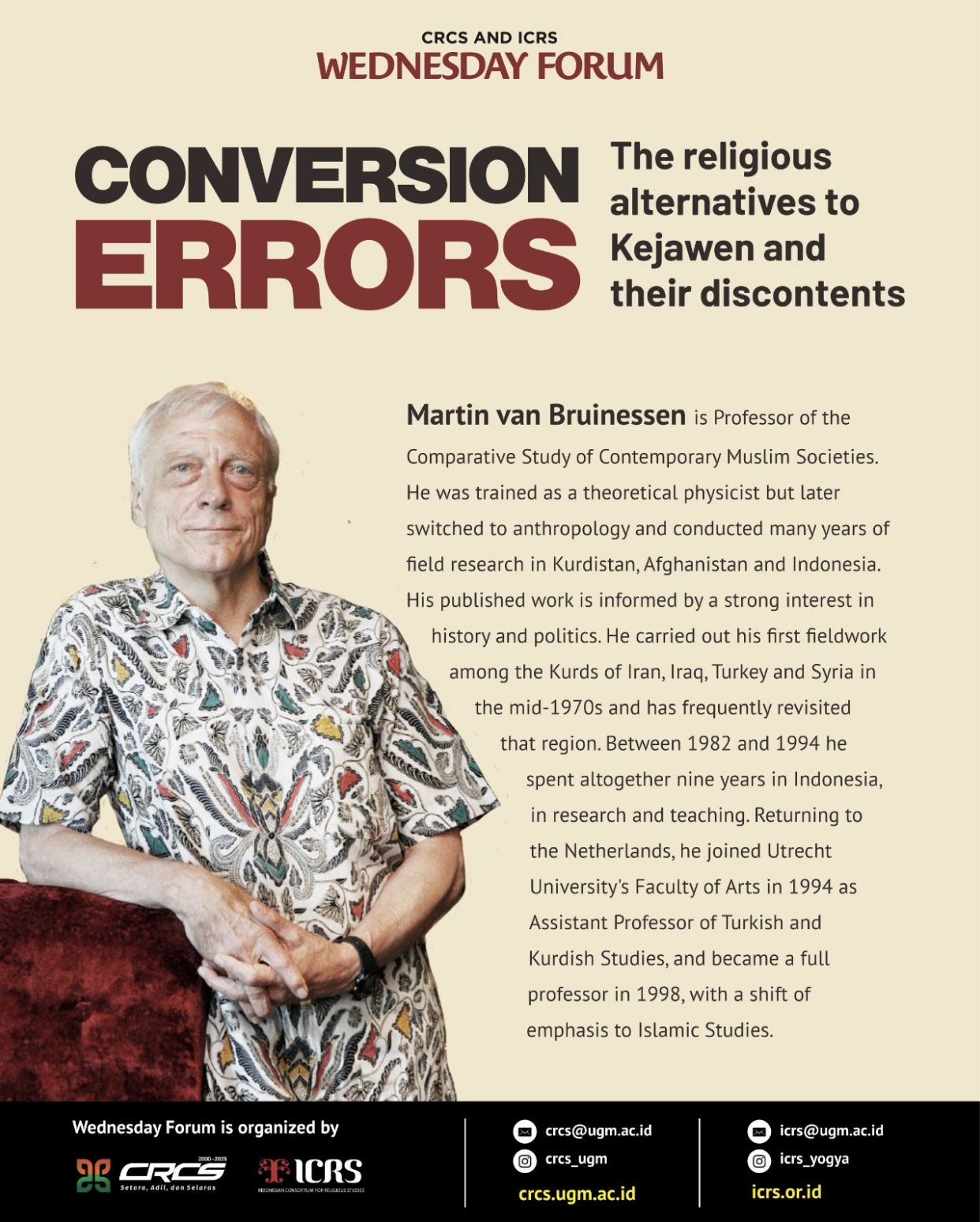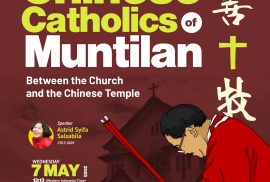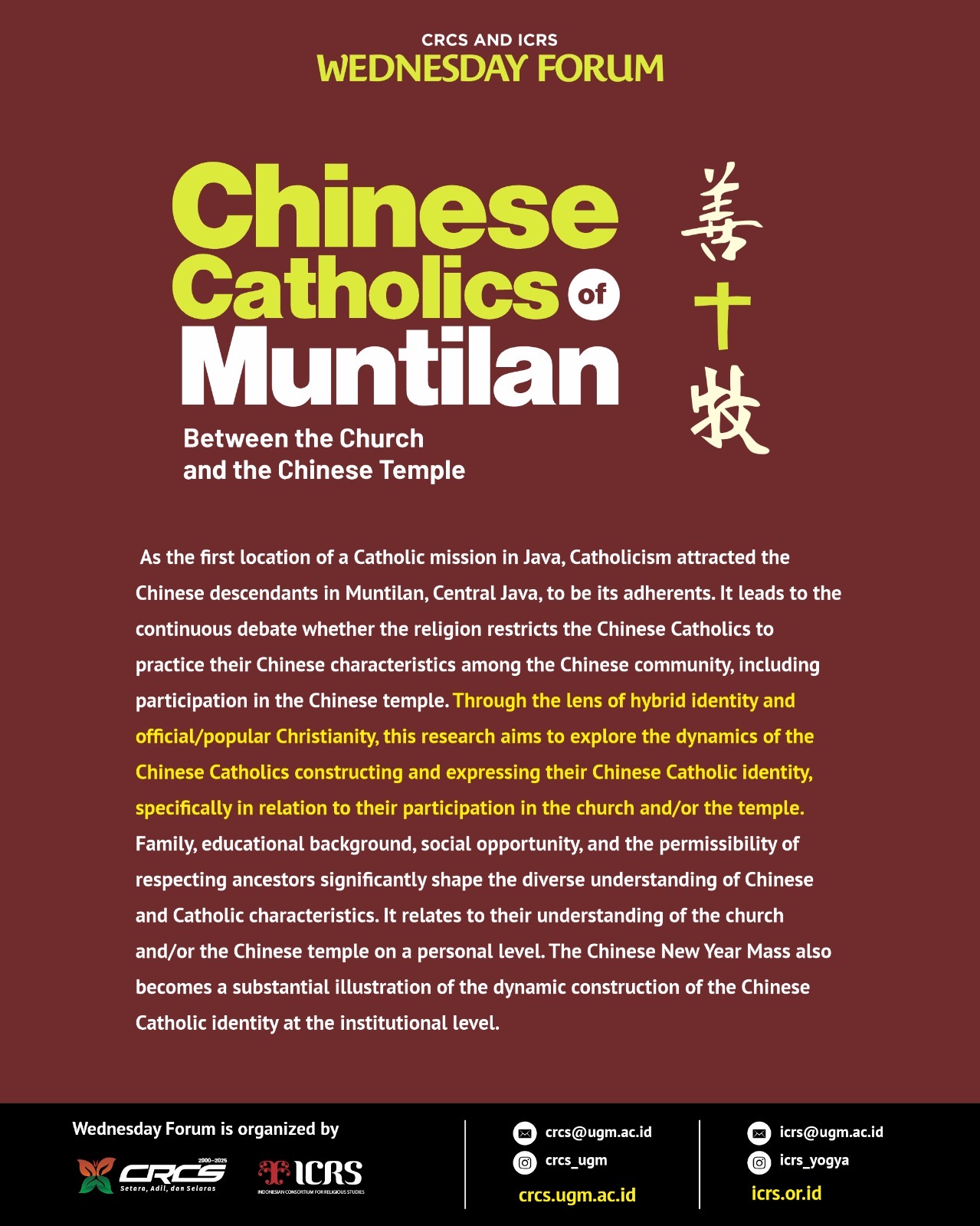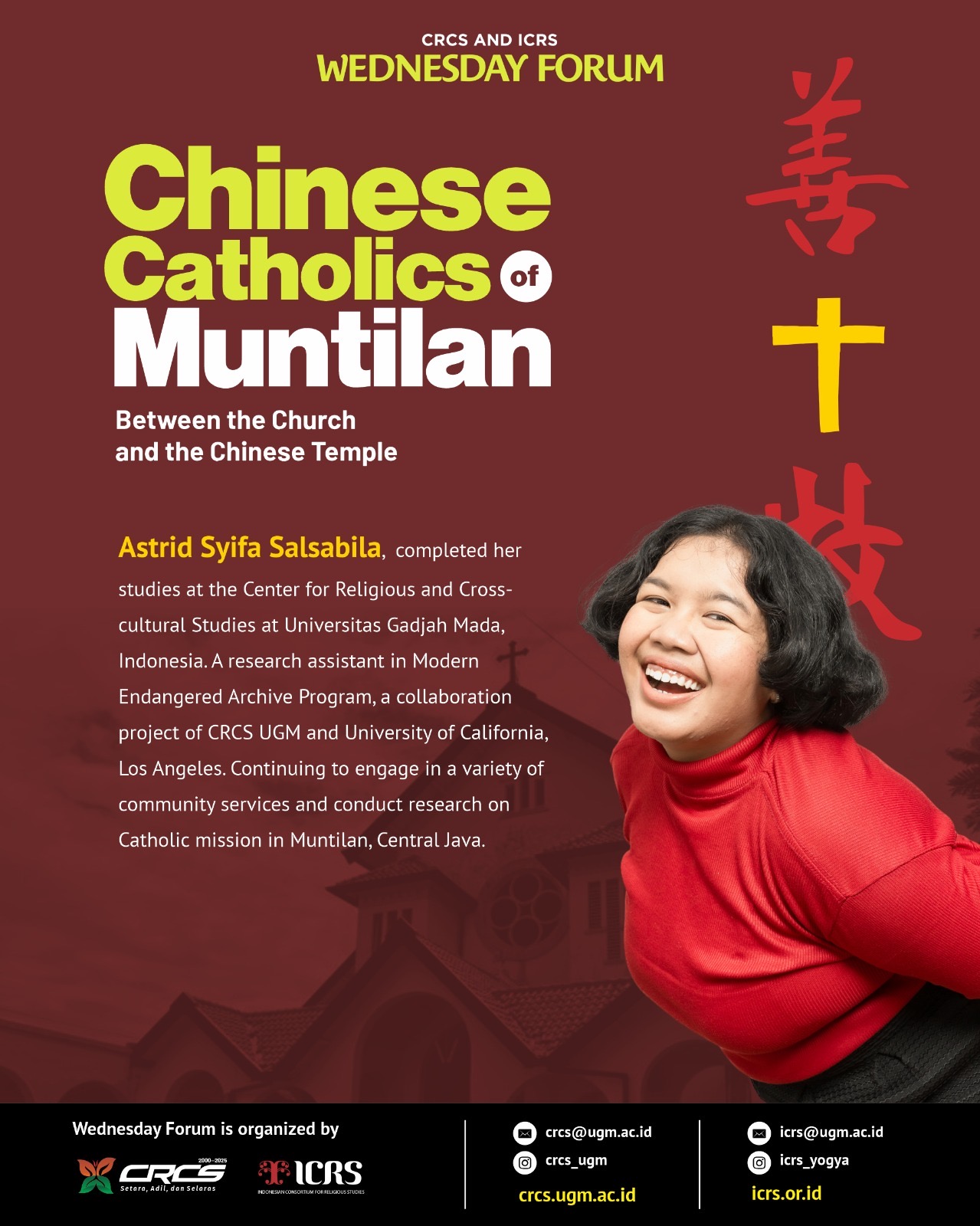Anthon jason
“Det, it is better for me to die fighting against geothermal, than to die because of the impact of geothermal.” Eme’s words in the film “Di Bawah Bayang-Bayang Mata Bor”
struck at the core of our humanity for all who watched the film. The screening was conducted at a parallel session of the Unconference entitled Polarization and Its Discontent in the Global South on April 24, 2025. The 32-minute film was produced by Terracota Films, Perhimpunan Bantuan Hukum dan Hak Asasi Manusia Indonesia (PBHI) Jawa Barat, and BandungBergerak.

